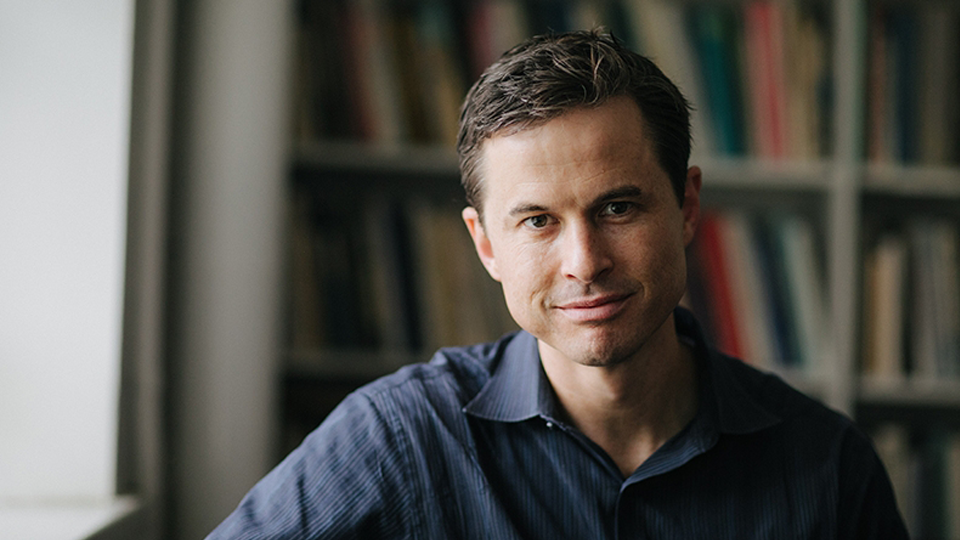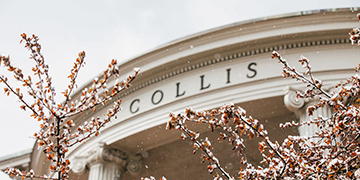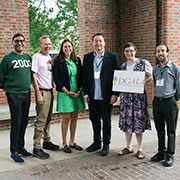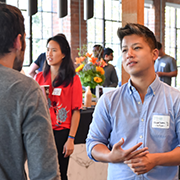Rethinking 'Echo Chambers': Evidence from Facebook and YouTube
Back to Class
Oct 21, 2023
20 minute read
20 minute read
About the Program
Digital media has provoked rising concern about people being trapped in "echo chambers" of like-minded news and opinion online, especially on social media. But these claims often rely more on vivid anecdotes than scientific evidence. Brendan Nyhan, the James O. Freedman Presidential Professor of Government, describes how the results of two new studies he and his coauthors conducted on Facebook and YouTube challenge conventional wisdom about the sources, prevalence, and effects of echo chambers on social media.

They find that extreme patterns of like-minded information assumption are rare and that algorithmic recommendations rarely direct people to potentially harmful content (YouTube) and do not polarize people's attitudes (Facebook).
About the Speaker
Brendan Nyhan is the James O. Freedman Presidential Professor in the Department of Government at Dartmouth College. His research, which focuses on misperceptions about politics and health care, has been published in journals including Nature, Science, Proceedings of the National Academy of Sciences, American Journal of Political Science, Journal of Politics, Nature Human Behaviour, Pediatrics, and Vaccine. He was elected to the American Academy of Arts and Sciences in 2023 and previously was named a Guggenheim Fellow by the Guggenheim Foundation, an Andrew Carnegie Fellow by the Carnegie Corporation of New York, and a Belfer Fellow by the Anti-Defamation League. Nyhan is also co-director of Bright Line Watch, a watchdog group that monitors the status of American democracy.






